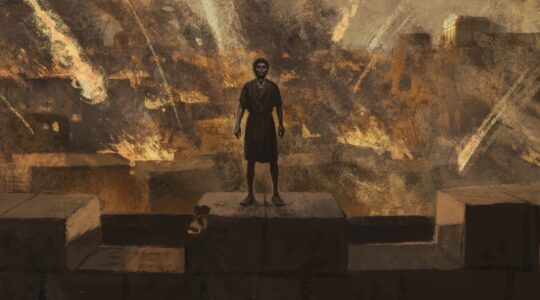The rabbis of the Talmud were very particular about their belief in omens. They eschewed astrology and frowned upon fortune-telling. But, when it came to dreams, the Talmudic sages sang a different tune. In fact, one sage, Rabbi Hisda, interpreted his dreams voraciously: “A dream which is not interpreted is like a letter which is not read,” he said (Berahot 55a).
However, Rabbi Hisda cautioned, dreams aren’t always what they seem to be. It was considered a good omen to have a bad dream, and the opposite was true: good dreams were often a sign of bad luck. And great people were often plagued by nightmares–the Talmud notes that “King David, during the whole of his lifetime, never saw a good dream.”
One fact that the Talmud assures its readers: Any kind of dream was better than no dreams at all. “If a man goes seven days without a dream, he is called evil,” said Rabbi Zeira. This amazing statement was surely meant to extend beyond the dreams we have while asleep. It’s a sentiment that stresses the importance of all of our hoping, aspiring, and imagining.






